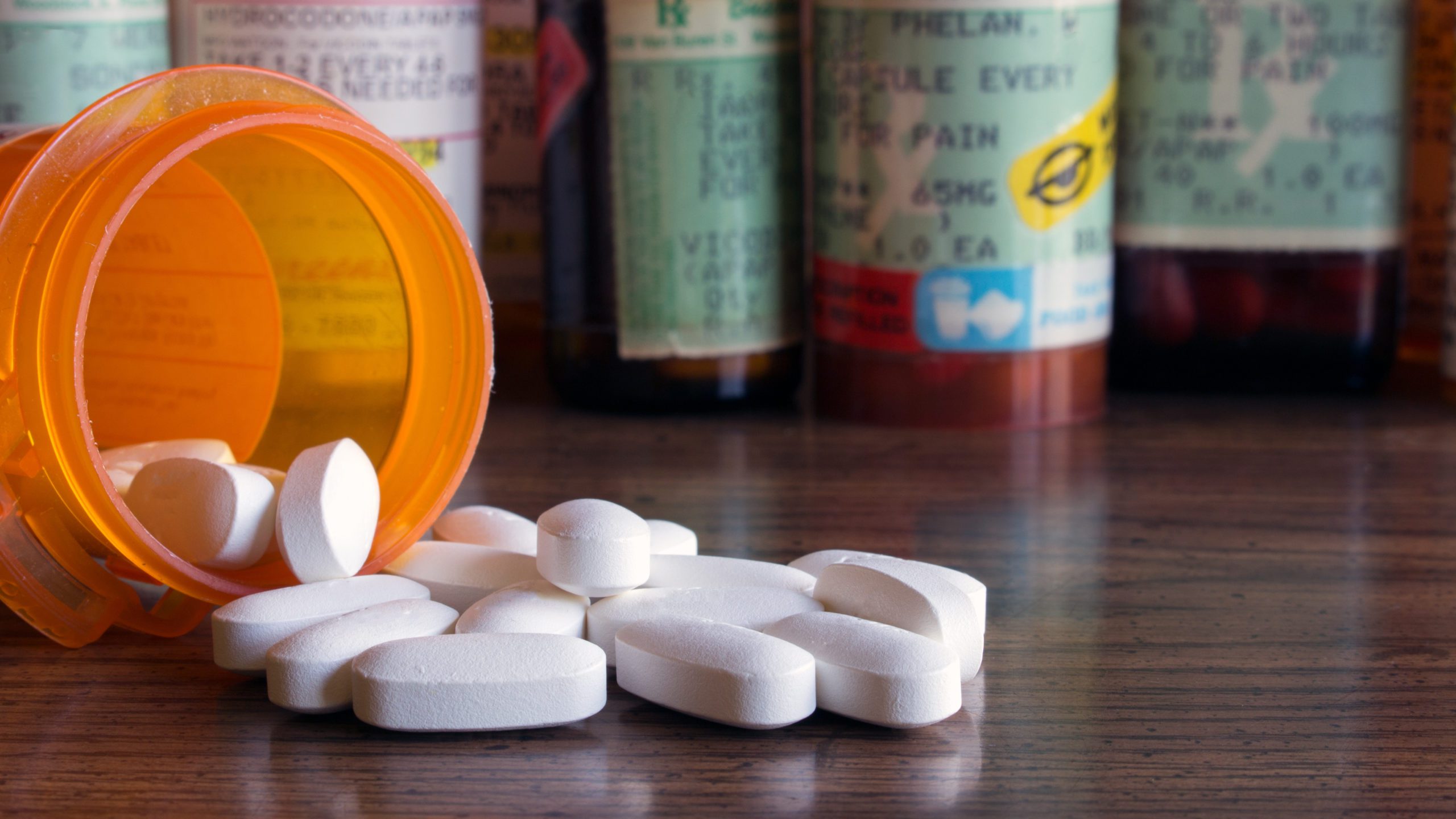Opioid addiction is characterized by a strong desire to consume particular medications known as opioids. However, what exactly are opioids? What exactly is an addiction? What are some treatments and medications for opioid overdose?
Opioids are pain-relieving medications that are frequently administered by doctors to help patients manage their symptoms. Addiction is characterized by a strong desire to do something. In this particular instance, there is a strong desire to utilize opioids. Addiction is a disorder that affects both the brain and the behavior of the individual. At the start, you have complete control over whether or not you use opioids. However, if you do not take the medication as prescribed by your doctor, the medication’s effect will eventually cause you to want to continue taking it. After some time has passed, your brain undergoes a transformation that causes you to experience a strong desire to use opioids.
Opioids are used to treat a variety of conditions, including the following:
- Toothaches and dental procedures are two common dental problems
- Injuries
- Surgeries
- Chronic diseases such as cancer
As a chronic condition, opioid addiction should be treated in the same way that other chronic illnesses are treated. It should be handled and monitored on an ongoing basis, just like the others. Many people choose to enter rehab or go through partial hospitalization as part of their addiction treatment.
What Is Withdrawal?
Withdrawal is a collection of physical and psychological symptoms that a person experiences after discontinuing or reducing their use of a substance such as alcohol or prescription or recreational medications, such as opioids.
The strength and duration of these withdrawal symptoms might vary greatly based on the type of substance used and your biological makeup, among other factors.
Withdrawal from opioids can be distressing, and in rare situations, it can be even dangerous. Therefore, you should always consult with your doctor before discontinuing or reducing the usage of a drug or other substance. It may also be helpful to look at an intensive outpatient program to support you.
Treatment For Opioid Withdrawal
Support, compassion, and medications can all help to alleviate the symptoms of withdrawal while also preventing potentially dangerous complications.
Methadone lessens withdrawal symptoms and aids in the detoxification process. It is also used to treat opioid dependence on a long-term basis as a maintenance medication. Following a period of maintenance, the dose may be gradually reduced over an extended length of time. This has been shown to help minimize the severity of withdrawal symptoms. Some people use methadone for a long period of time under the guidance of a drug rehab center.
Buprenorphine is used to treat opiate withdrawal, and it has been shown to reduce the length of time required for detox. Additionally, it can be used for long-term maintenance, similar to how methadone is utilized. Buprenorphine can be used in conjunction with Naloxone, which can help to reduce reliance and misuse of the medication.
Clonidine is a medication that is used to treat anxiety, agitation, muscle pains, perspiration, runny nose, and cramps among other symptoms. It has no effect on the reduction of cravings.
Treatments & Medications For Opioid Overdose
Some signs of an opioid overdose include:
- Falling unconscious
- Unusually small pupils
- Slow or shallow breathing
- Vomiting
- Inability to speak
- Faint heartbeat
- Limpness
- Pale skin
- Purple nails and lips
One of the most commonly used medications for opioid overdose is naloxone.
Naloxone is a receptor analgesic that has the ability to counteract the effects of opioids such as heroin, methadone, opium, codeine, morphine, and buprenorphine. It is possible that Naloxone will save someone’s life if administered immediately after they have overdosed on opioids. For many years, medical professionals have relied on naloxone in the event of an emergency.
Naloxone is available in two FDA-approved forms: as an injection and as a nasal spray. However, it is important only those who are qualified and have received dull rain administer naloxone as it can be equally as dangerous if misused. If someone has overdosed on opioids, naloxone will only temporarily reverse the consequences of the overdose. The effects will wear off after 20-40 minutes, and the user will relapse into an overdose state again. Opioid addiction can be overcome with the right support and treatment, whether that is at a rehab center or as part of an outpatient program. If you, or a loved one, are experiencing problems with an addiction, whether it is to opioids or any other drug, get in touch with us today for support and advice.

